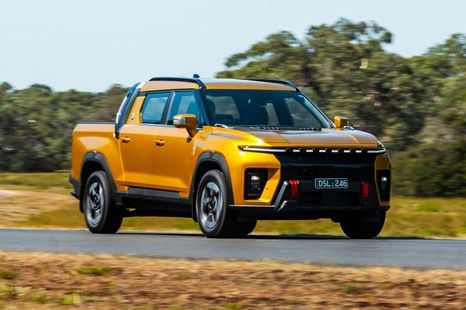

Ben Zachariah
2026 KGM Musso EV review
5 Hours Ago
More than half of new car buyers in Australia don't want electric cars due to price and charging concerns, according to a recent study.

Contributor
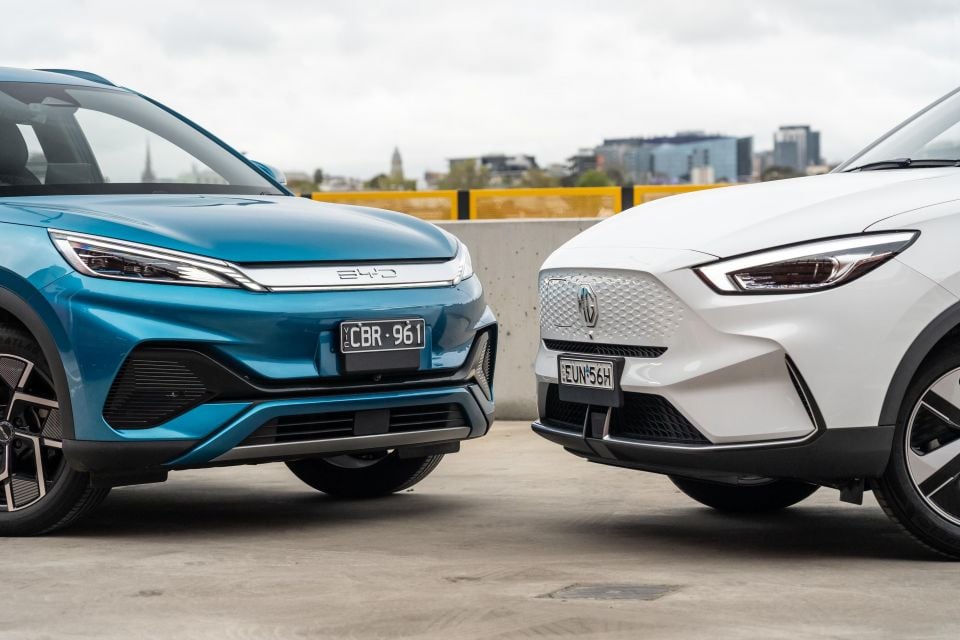

Contributor
Australians think electric vehicles (EVs) are too expensive to buy and charging infrastructure is too limited, a study has found.
It comes despite EV sales rising once again in the first quarter of 2024, increasing by 46.4 per cent compared to the same period last year and accounting for 8.3 per cent of all new vehicle deliveries.
The Australian Automotive Dealer Association (AADA)’s 2024 Automotive Statistics publication outlines the largest hurdles which the car industry faces if it wants to increase EV adoption.
The data was sourced from Zing Insights’s January 2024 EV and Hybrid Vehicle report, which surveyed 2000 Australian drivers about their current and future car buying habits.
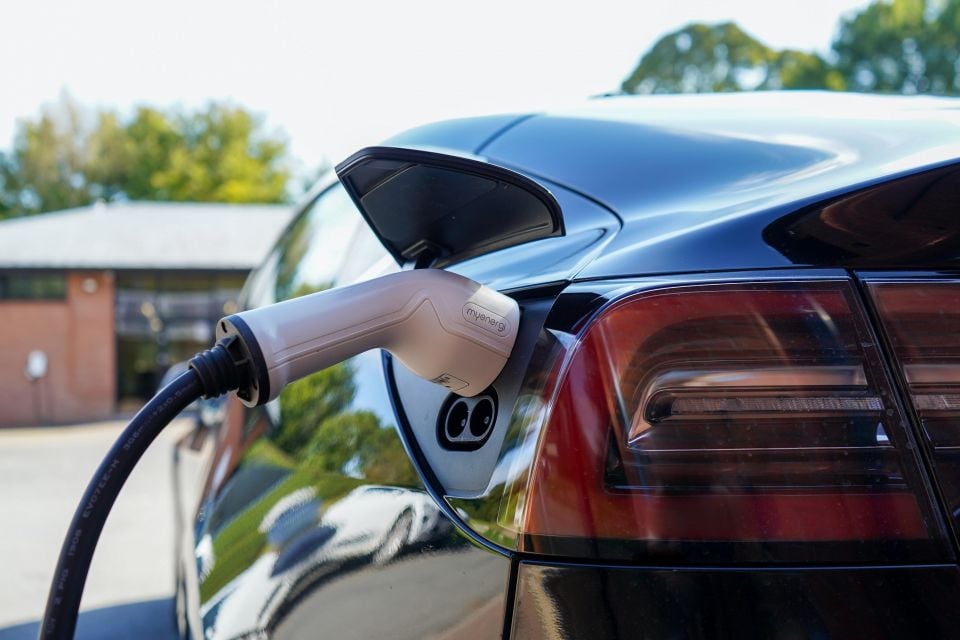
According to the study, 57 per cent of prospective new car buyers in Australia believe battery-powered cars cost too much.
This is a decrease on the December 2022 figure of 62 per cent, though it still represents more than half of Australians who are looking to buy a new car.
According to the report, new car buyers are willing to pay up to eight per cent more for an EV compared to an equivalent petrol-powered model – though there remains a much wider gulf in price between combustion vehicles and their electric equivalents.
For context, a turbo-petrol MG ZST Excite is priced from $29,490 drive-away across Australia, while the less well-equipped ZS EV Excite is $39,990 drive-away – or 36 per cent more.
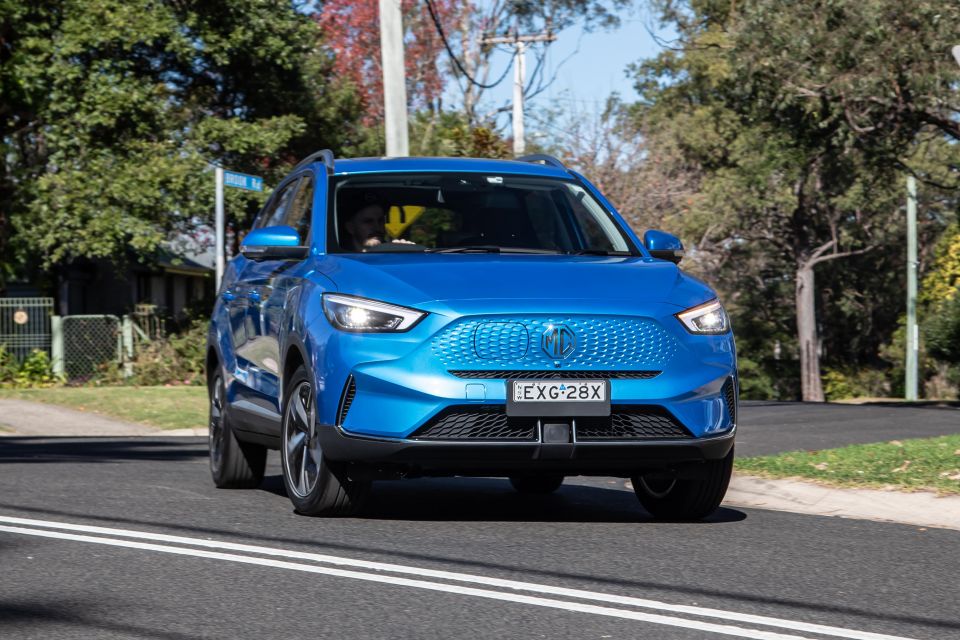
A lack of charging stations and infrastructure to support EVs is the second biggest deterrent for buyers, with 50 per cent of respondents placing it as a reason why they won’t switch from petrol or diesel power.
New car buyers are also worried about not having the right home charging setup (44 per cent of respondents) and hold concerns about an EV’s driving range not being sufficient (39 per cent).
Interestingly, while only 20 per cent of those surveyed said they don’t see the need to move to an EV, fears of an EV’s resale value came up as the lowest concern, with just 17 per cent citing this as a factor.
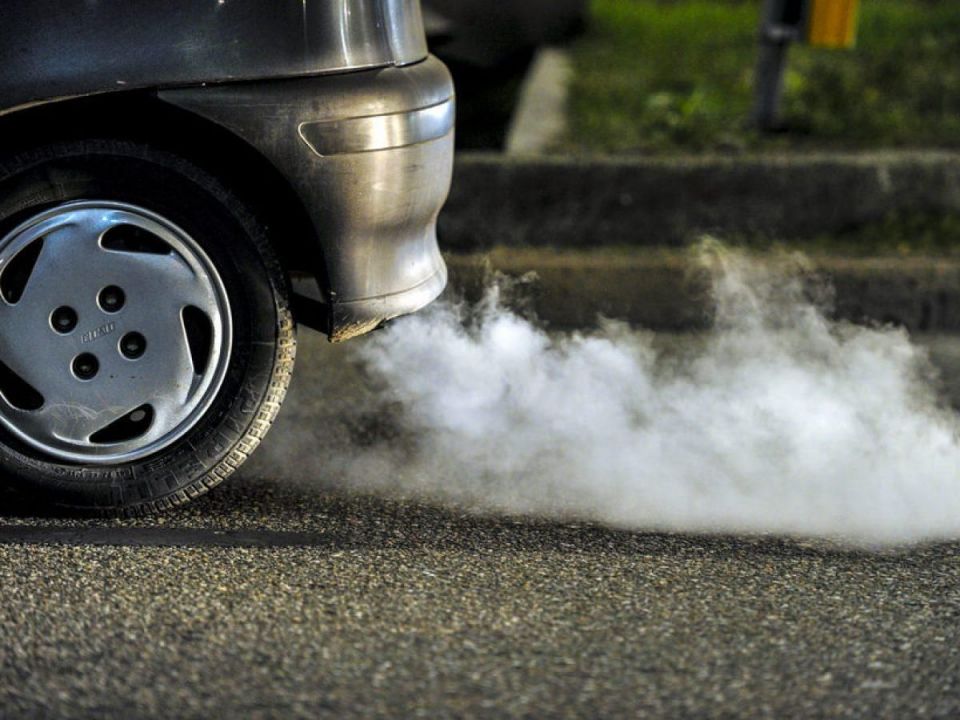
However, the survey also found the appeal of emitting no tailpipe emissions is the biggest factor behind making the EV switch, with 67 per cent of respondents believing electric cars are better for the environment.
The biggest year-on-year increase in reasons why motorists are considering buying an EV is for lower running costs compared to petrol and diesel cars, with 54 per cent of those surveyed citing this as a major factor – up from 45 per cent in December 2022.
Additional data included in the report shows 27 per cent of new car buyers are willing to go EV as their main or secondary vehicle, though only 15 per cent of used car buyers want electric power for their primary car.
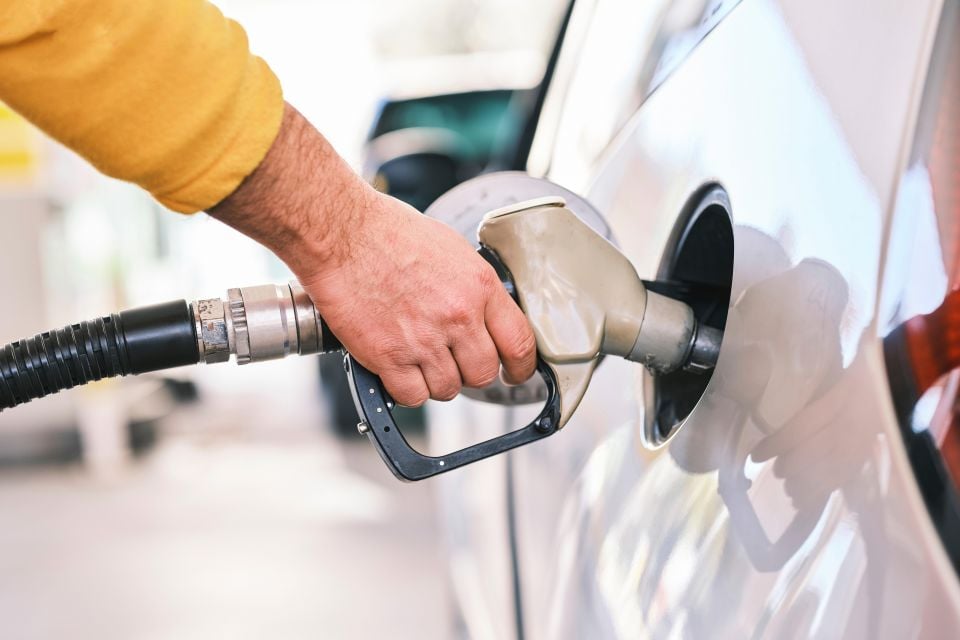
As with the new car sales charts, petrol still dominates as the fuel of choice among what buyers are considering in their next primary vehicle, with 62 per cent of respondents opting to stay with unleaded.
However, a massive 80 per cent of those surveyed want petrol power in their non-primary vehicles, whether it be for weekend driving, road trips or other uses.
In contrast to the current new car market, hybrids are considered more than diesel vehicles for a primary car, with the latter also sitting behind EVs and plug-in hybrids.
Born and raised in Canberra, Jordan has worked as a full-time automotive journalist since 2021, being one of the most-published automotive news writers in Australia before joining CarExpert in 2024.


Ben Zachariah
5 Hours Ago


James Wong
5 Hours Ago
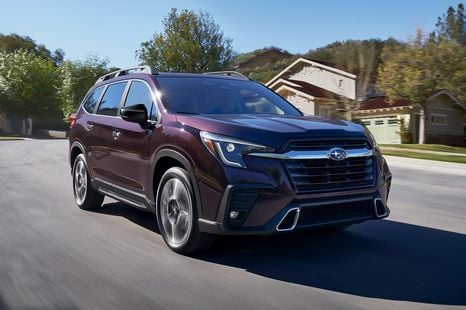

James Wong
5 Hours Ago
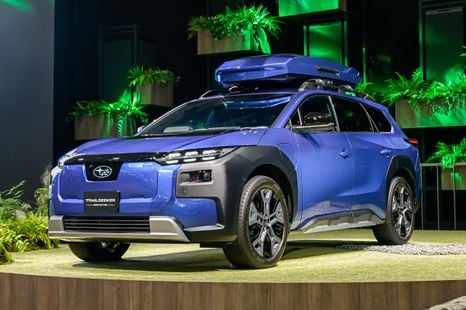

James Wong
5 Hours Ago
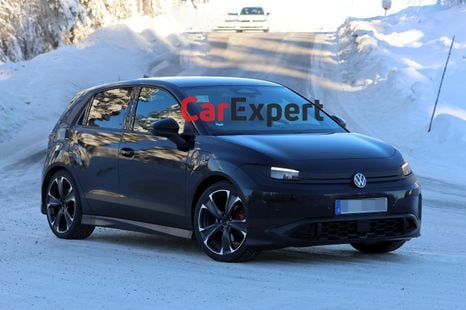

Damion Smy
12 Hours Ago
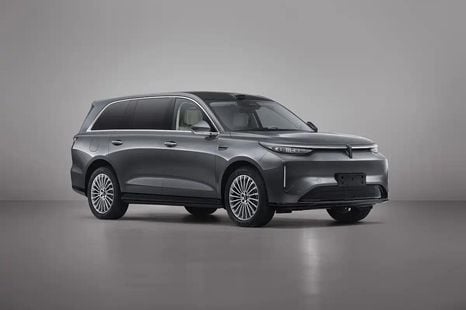

William Stopford
13 Hours Ago
Add CarExpert as a Preferred Source on Google so your search results prioritise writing by actual experts, not AI.